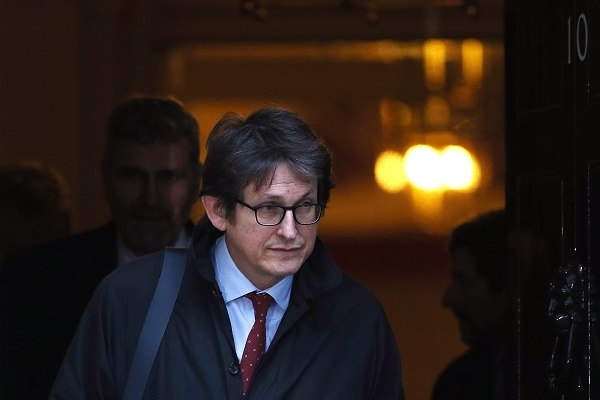Professor turned campaigner Brian Cathcart, executive director of Hacked Off, wrote a comment piece for the Guardian this week where he asked:
‘Does it show double standards to condemn David Miranda’s detention without criticising the arrest of journalists suspected of illegal phone hacking and bribery? There are news organisations that want us to believe it does.’
Brian, I’m afraid they are right.
I remember bringing up this exact issue with Brian when I was still working at Hacked Off. I asked him if we should not react to the fact the MSC (Management Standards Committee set up by Rupert Murdoch to hand over evidence to the Met Police) might have been giving away journalists’ sources to police. I also pointed out that I knew on good authority some police officers were being punished for nothing more than having had contact with journalists, and vice versa, in instances where no money had changed hands.
His answer, and I paraphrase, was that this was not for us to worry about and we should let the Met do their job.
I remember being astonished at the nonchalance of his response. If it was not up for us, then it was up to whom?
The Guardian should have been, as a newspaper, absolutely outraged at the treatment received by some of Murdoch’s employees. And so should have Hacked Off – we owed it to journalism, the very journalism we wanted to fix, to take a fair approach to how working journalists were treated. Why would the people at the helm of Hacked Off think we should trust the very police force responsible for ‘failing to investigate’ the phone hacking scandal in the first place?
It is undeniable that there was large-scale phone hacking, there seems to have been bribing and computer hacking. The Metropolitan Police had piles and piles of evidence it ‘forgot’ existed, for whatever reason – Murdoch’s influence, the Met’s own corruption, it doesn’t matter.
I do believe the Leveson Inquiry was to some degree necessary, but with hindsight the Met Police made a huge effort to chill the process from the start.
When it saw what was coming, it decided to belatedly open new operations to investigate wrongdoing. The inquiry had its hands tied behind its back all along because of the ongoing police investigations and it would have never been able to get to the bottom of anything. On top of all that, Lord Justice Leveson also seems to have ignored the part played by police in the whole scandal and recommended draconian guidelines for interactions between hacks and the police.
During this process, the police, sadly, grew cockier and decided they needed more evidence – I suspect because they messed up badly when they should have acted, pre-2006. That’s exactly the moment where everyone should have said ‘whoa, hold your horses there. What are you expecting to find now?’. Except the only ones who did had the finger of suspicion pointed at them by Hacked Off and the inquiry so, naturally, they were ignored.
The problem with opening the stable door and allowing the police to go through journalists belongings, computers, notebooks, etc, with such sense of authority – when they were the ones with a big portion of the blame in the first place – is that now the horse has bolted it will be tough to stop them from doing it over and over again. Whether you work for the Guardian, the New Statesman, the Daily Mail or the Speccie, you’re being watched. They’ve been given carte blanche by a newspaper proprietor in the past and now by politicians to act against journalists, so I don’t think it matters if your journalism is well-intentioned or not. They’ll come after you anyway.
Thais Portilho-Shrimpton is the director of Justice Across Borders and former co-ordinator of Hacked Off






Comments